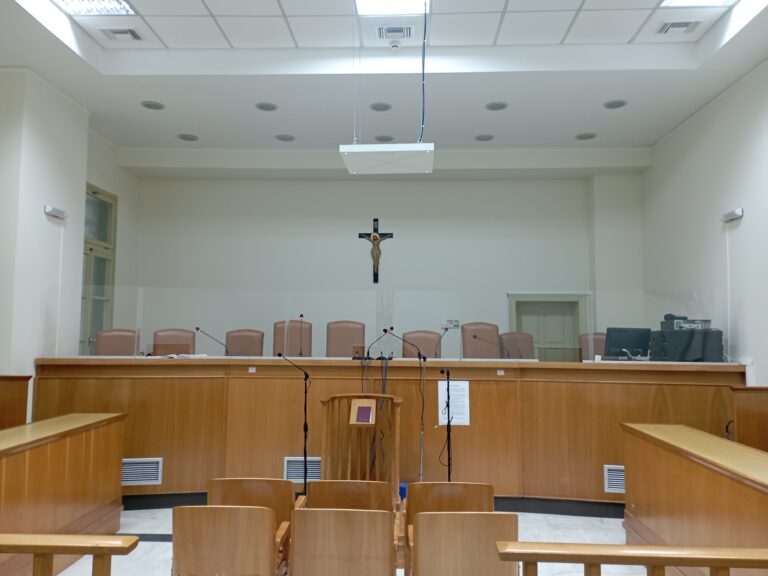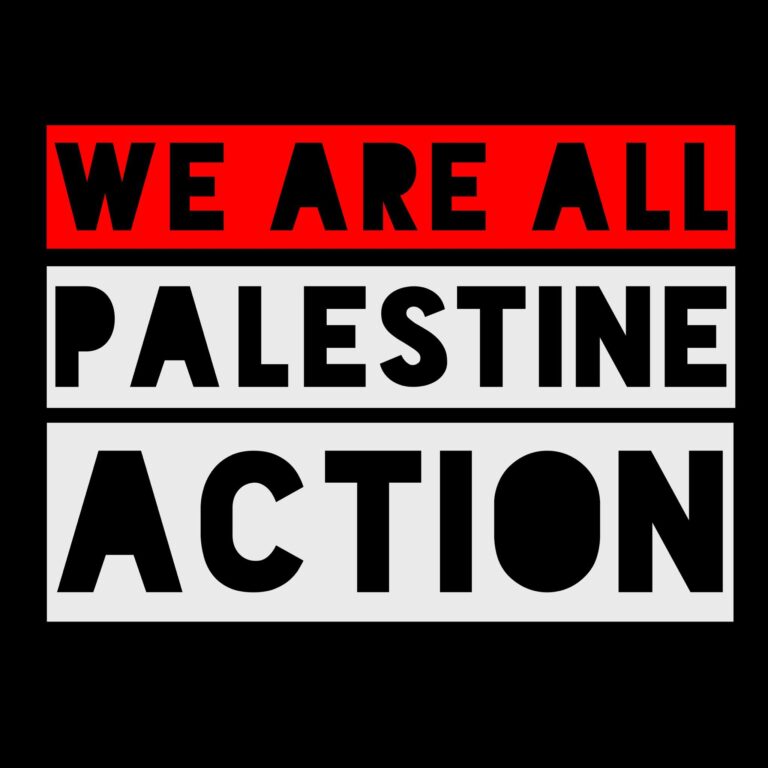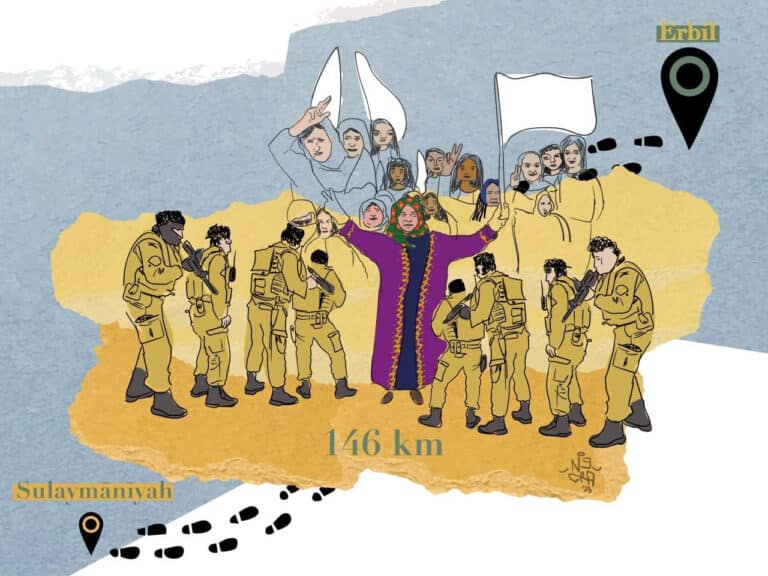by Mary Kay Flanigan, OSF
 My CPT Delegation to Palestine and Israel was both wonderful and awful. The hospitable people we met and the beauty of the land were wonderful. Constantly seeing young Israeli soldiers carrying large rifles over their arms in every city and at the frequent check points was awful. It is a relentless picture of Occupation. Israel requires both young men and women to serve two years in the military.
My CPT Delegation to Palestine and Israel was both wonderful and awful. The hospitable people we met and the beauty of the land were wonderful. Constantly seeing young Israeli soldiers carrying large rifles over their arms in every city and at the frequent check points was awful. It is a relentless picture of Occupation. Israel requires both young men and women to serve two years in the military.
Our international delegation traveled together, prayed together, shopped, cooked meals, shared life stories, and debriefed trip experiences together. We visited Jerusalem, Bethlehem, and Hebron.
In Hebron, we participated with the CPTers in their daily “school patrol,” which means being present at one of the checkpoints children have to go through on their way to school. Three of the four days we were there, school boys threw stones at the soldiers’ enclosed post from the far side of a metal fenced area, and soldiers responded by shooting tear gas canisters into the street.
One day the wind shifted and tear gas blew back on the soldiers and all of us. Immediately our eyes, throats, and noses began to sting and burn, and everyone ran away. A woman with an infant began screeching loudly until another woman opened her nearby house and ushered them to safety.
Another day, as a mother and her three-year-old boy approached the checkpoint, the boy burst into terrified tears. The mother just pulled him through quickly and his crying stopped. A little girl about six years old came alone. A CPTer asked if she wanted help getting to school. She answered softly, “no,” then squared her shoulders and slowly walked through the checkpoint by herself. This is the daily terror that Palestinian children live with.
How can Palestinian boys revel safely in an Occupied city? Israeli soldiers arrest young boys on their way to school or take them from their homes in nighttime raids. No parent or lawyer is allowed to go. A boy may be returned home a few days later in a traumatized state having had little sleep or food. Some are held for much longer or are beaten into signing confessions in Hebrew that they cannot read. The Israeli military detains 500 to 700 Palestinian boys each year.*
All of my life work has been in the interest of children. I was profoundly touched by this whole experience. Some people say that the way Israel handles Palestinians is their own business. However, when my country [the USA] gives Israel 8.5 million tax-payer dollars* every day for military purposes, it seems that it is my business too.
*https://fas.org/sgp/crs/mideast/RL33222.pdf
Mary Kay Flannigan is a Franciscan sister from Illinois, USA who participated in CPT’s December 2014 delegation to Palestine. This article appeared in the newsletter of her organization, 8th Day Center for Justice in Chicago.



